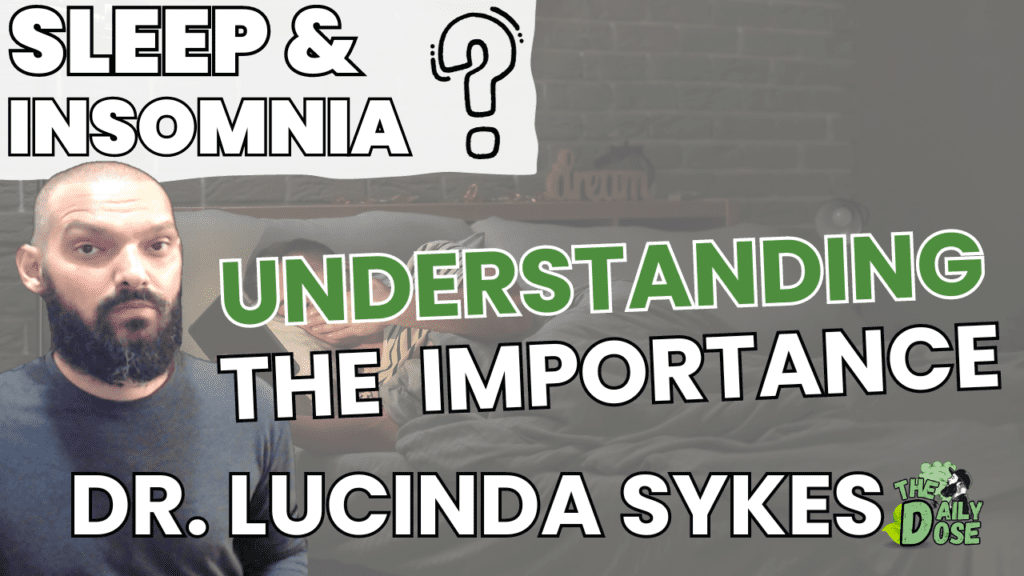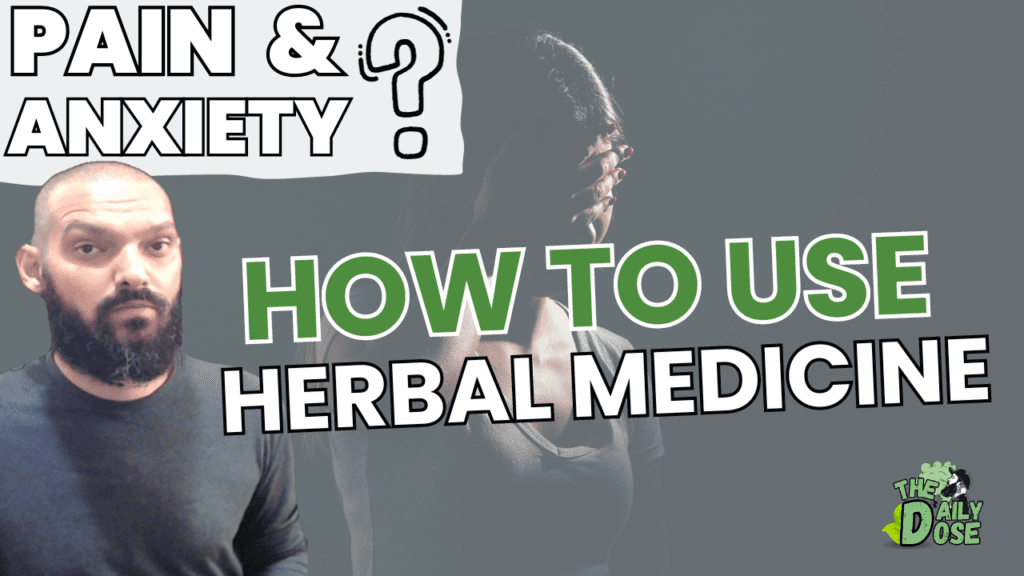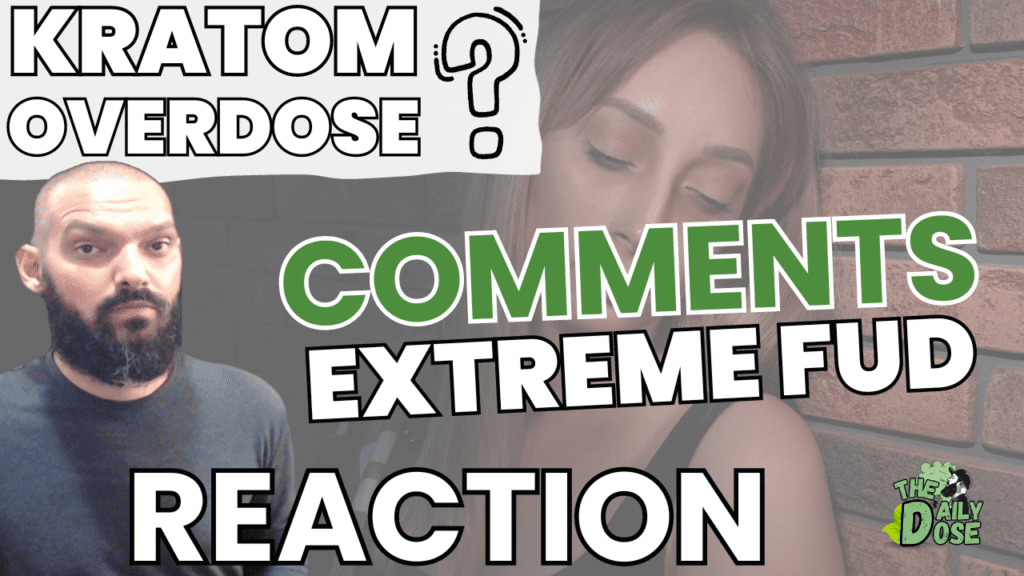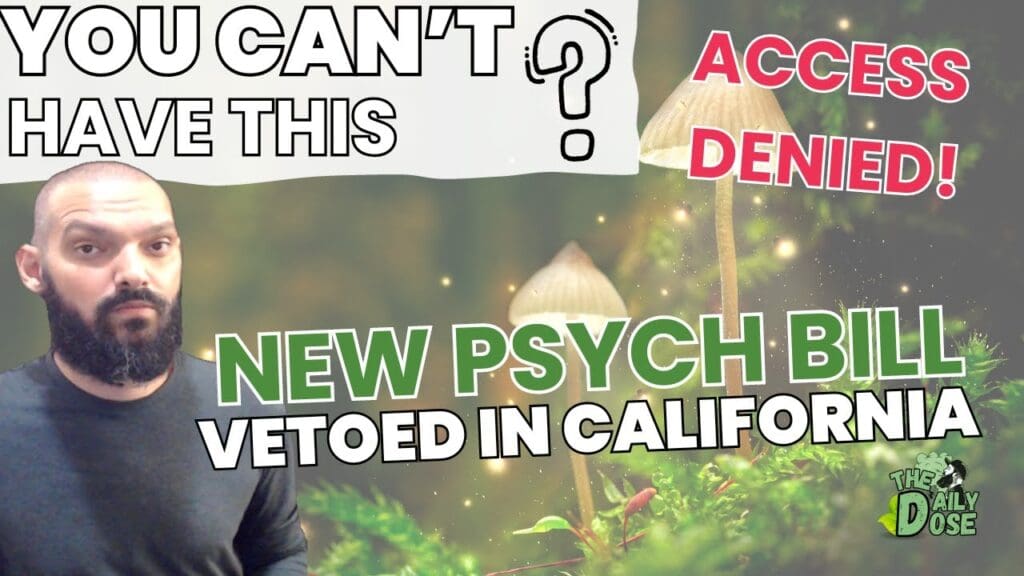Listen To The Episode With Dr. Sykes Here: The Daily Dose Podcast
Understanding Sleep And Insomnia
Introduction
Sleep is a fundamental aspect of human life, but it remains one of the most enigmatic and critical components of our well-being. In this exploration, we embark on a journey to understand the intricacies of sleep, delving into its impact on both the mind and the body. Dr. Lucinda Sykes, a seasoned expert in the field, sheds light on the many complexities surrounding sleep and offers insights that can transform the way we perceive and prioritize our rest.
As we age, the challenges of sleep become more pronounced, but there’s hope in understanding and addressing these issues. This in-depth journey explores the science of sleep, its profound influence on the brain, and the chemical processes that govern it.
Sleep Cycles
Sleep is very important for the mind, in this episode Dr. Lucinda Sykes discusses the many complexities of sleep from the mind to the brain and the chemicals in between.
Connection To Dementia
Dr. Sykes was kind enough to share a study done on 8000 people in Europe, it was there they discovered that those with poor sleeping habits over time had increased the likely hood of Dementia symptoms by 30% which is huge.
Sleep Aids
We further delved into the topic of sleep and sleep aid supplements such as cannabis or CBN cannabinoids a derivative of cannabis which has grown in popularity recently.
The Complex World of Sleep
As we all know, there’s more to sleep than meets the eye. Dr. Sykes unravels the intricate mechanisms at play during our restful hours. We explore the stages of sleep, from the rapid eye movement (REM) phase to deep sleep, and the vital role each stage plays in rejuvenating our bodies and minds.
The conversation extends to the chemicals involved in sleep regulation, emphasizing the significance of maintaining a delicate balance within our brain chemistry. Understanding these fundamental processes is key to unlocking the secrets of restorative sleep.
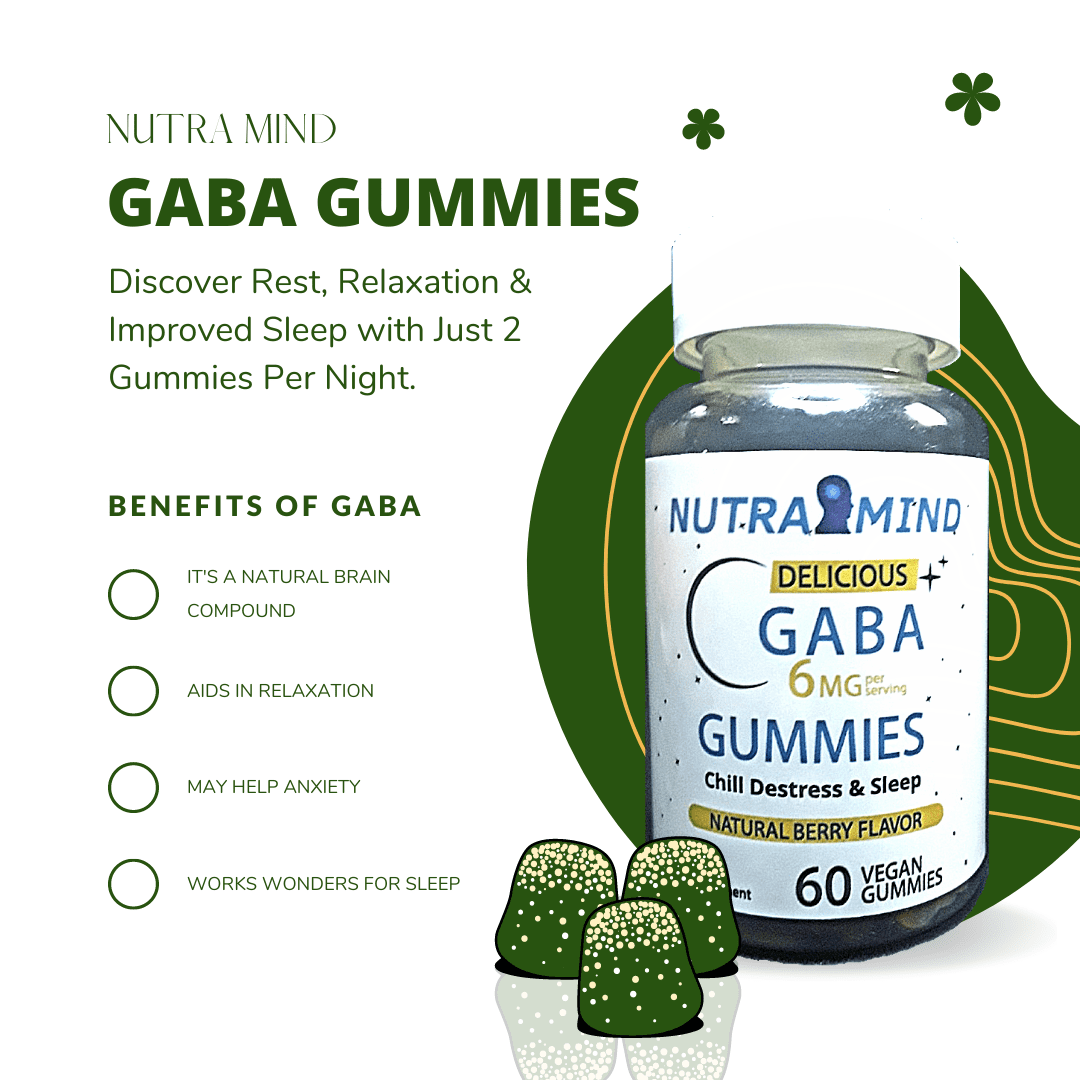
Sleeplessness: More Than Just a Restless Night
Many of us have experienced those sleepless nights, tossing and turning as the hours tick away. Dr. Sykes reveals that sleeplessness is more than a mere inconvenience, especially as we age. The medical community long considered sleep troubles in older adults as a normal part of the aging process. However, recent revelations suggest otherwise.
Chronic sleep deprivation, characterized by consistently getting less than six hours of sleep a night, can lead to severe alterations in brain chemistry. Over time, this deficit is linked to a heightened risk of dementia and other brain-related illnesses. The episode also explores the significant impact of sleeplessness on women over 50.
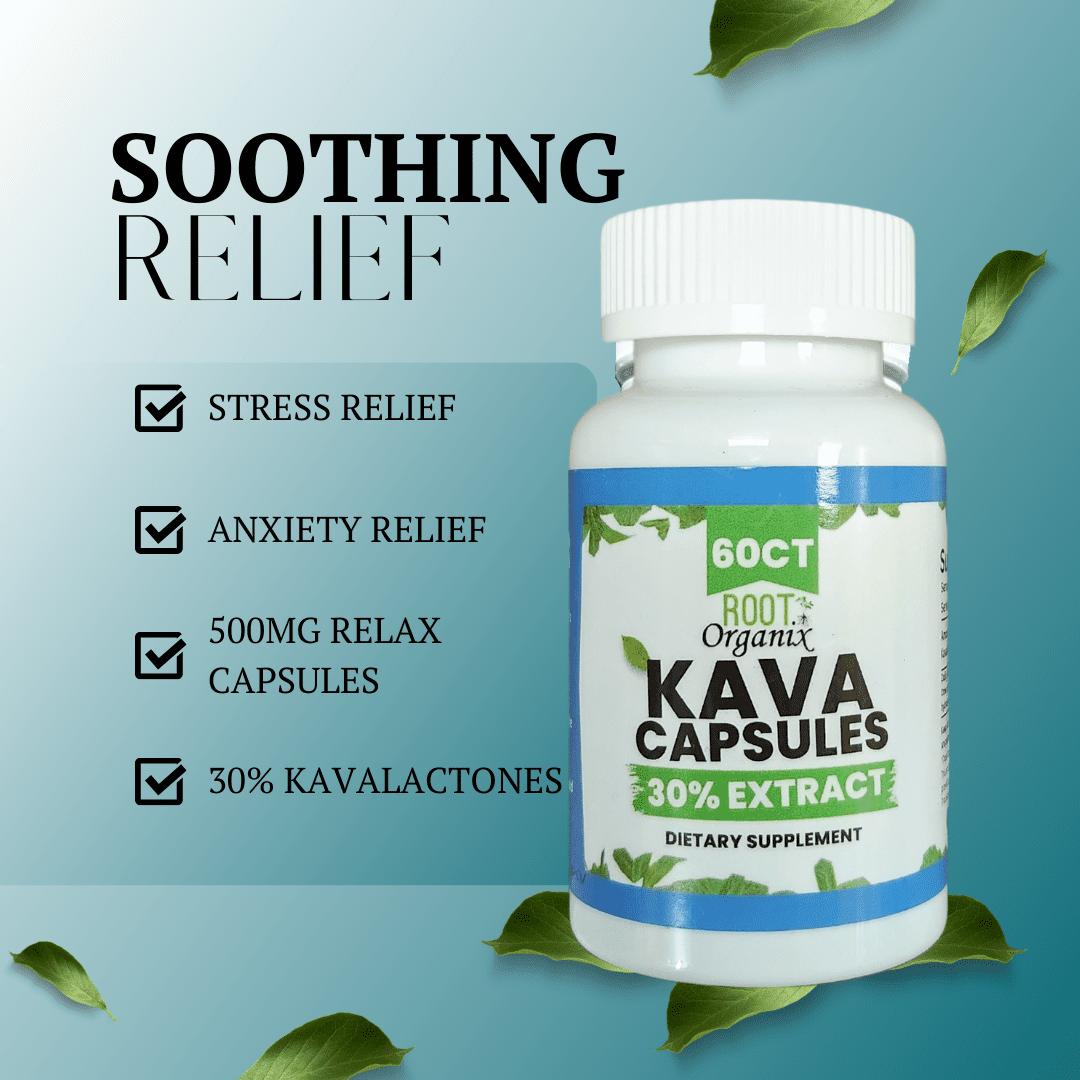
Unraveling the Link Between Sleep and Dementia
One of the most striking revelations in our journey is the profound link between sleep and dementia. Dr. Sykes shares a groundbreaking European study of 8,000 participants that uncovered a staggering 30% increase in the likelihood of dementia symptoms among those with chronic sleep issues.
While this connection requires further study and exploration, the 30% figure is nothing short of compelling. The discussion underscores the importance of understanding the link between sleep and brain health and the potential to prevent devastating diseases like dementia through improved sleep patterns.
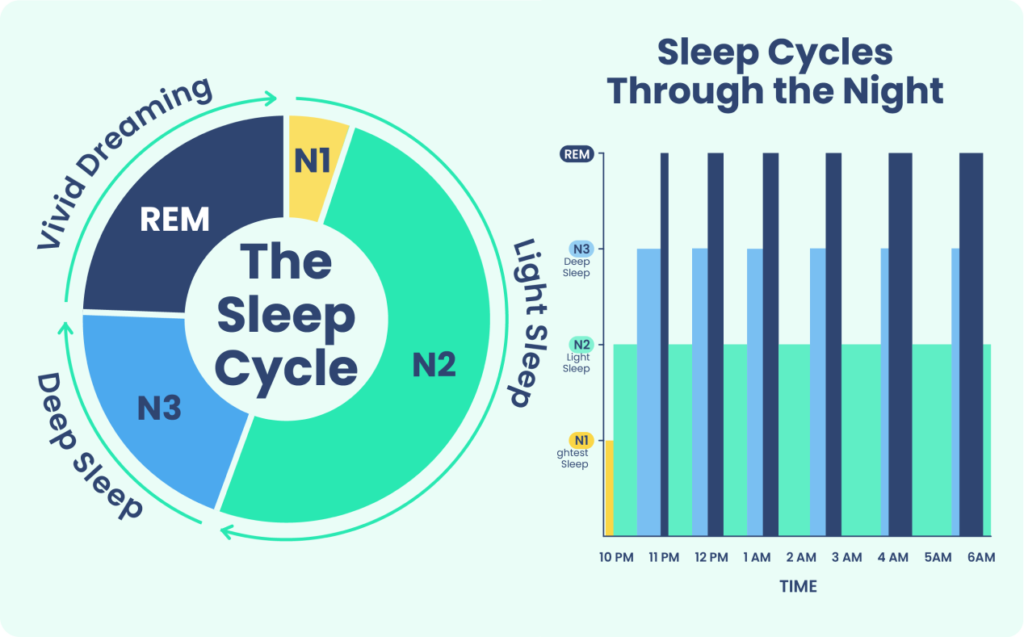
Medication and Sleep: A Complex Relationship
The episode delves into the complexities of using medications to address sleep problems. Dr. Sykes highlights the intricate interplay between sleep, the brain’s natural chemicals, and the potential disruptions caused by sleep medications.
The conversation underscores that seeking a quick fix through chemical solutions may, in fact, have unintended consequences, potentially doing more harm than good.
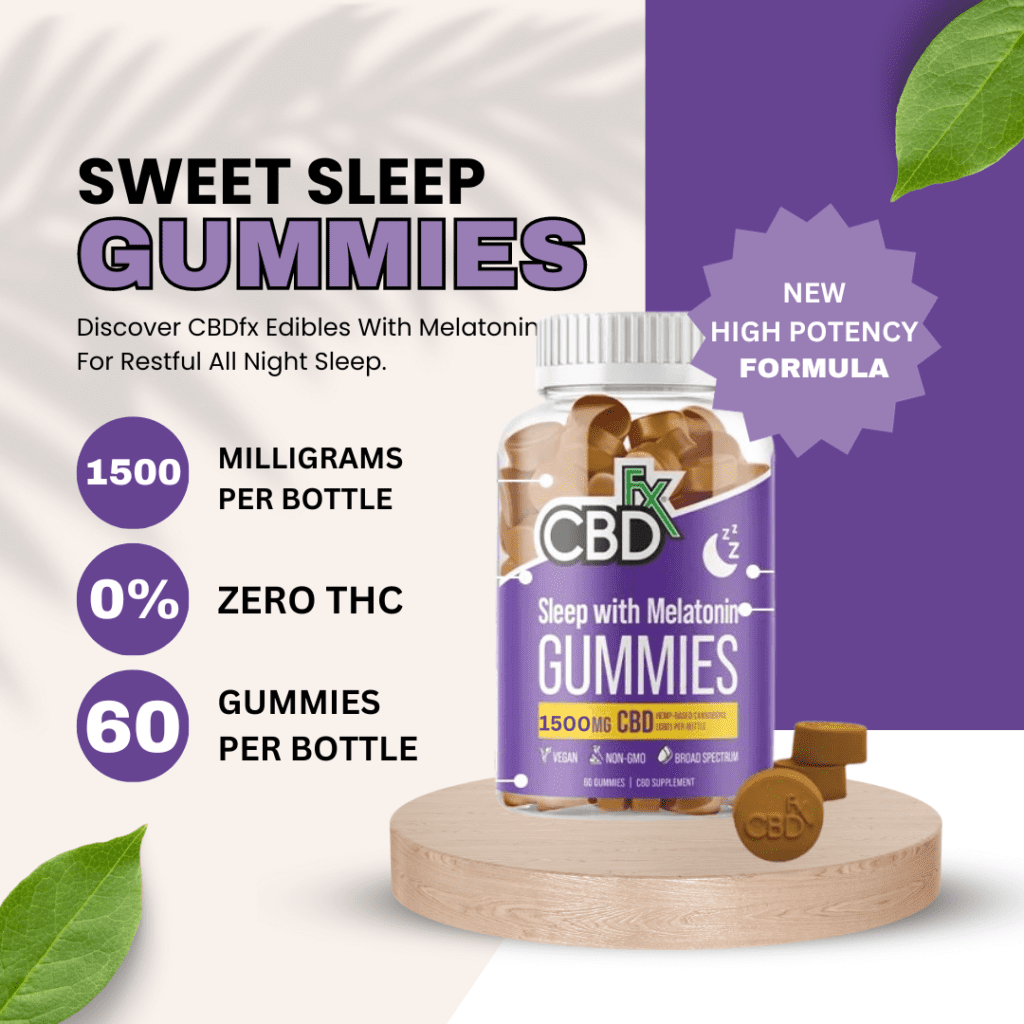
Natural Sleep Aids: The Role of Cannabinoids
In our quest for better sleep, we explore the role of natural sleep aids, such as cannabis and CBN cannabinoids, a cannabis derivative gaining popularity. The evidence suggests that it’s essential to establish a healthy relationship with these substances, as they too can alter brain chemistry. While they may provide short-term relief, their loss of effectiveness over time can be a sign of overuse.
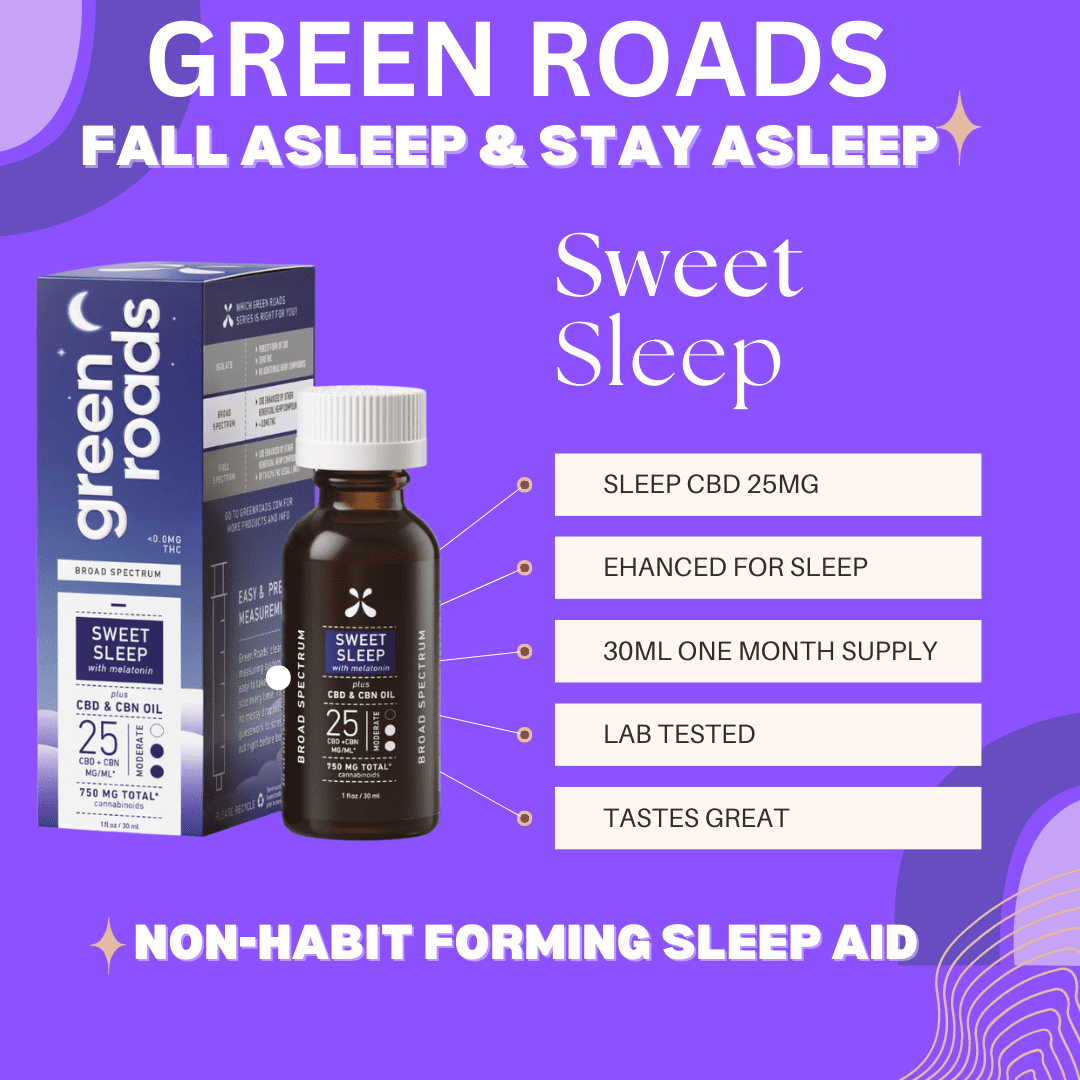
Cultivating Healthy Sleep Habits
The bottom line is clear: we all need more sleep. Dr. Sykes encourages us to cultivate better sleep habits, setting the stage for a healthier and more restful future. By understanding the science of sleep and implementing positive changes now, we can potentially safeguard ourselves against the increased risks of dementia and other age-related illnesses.
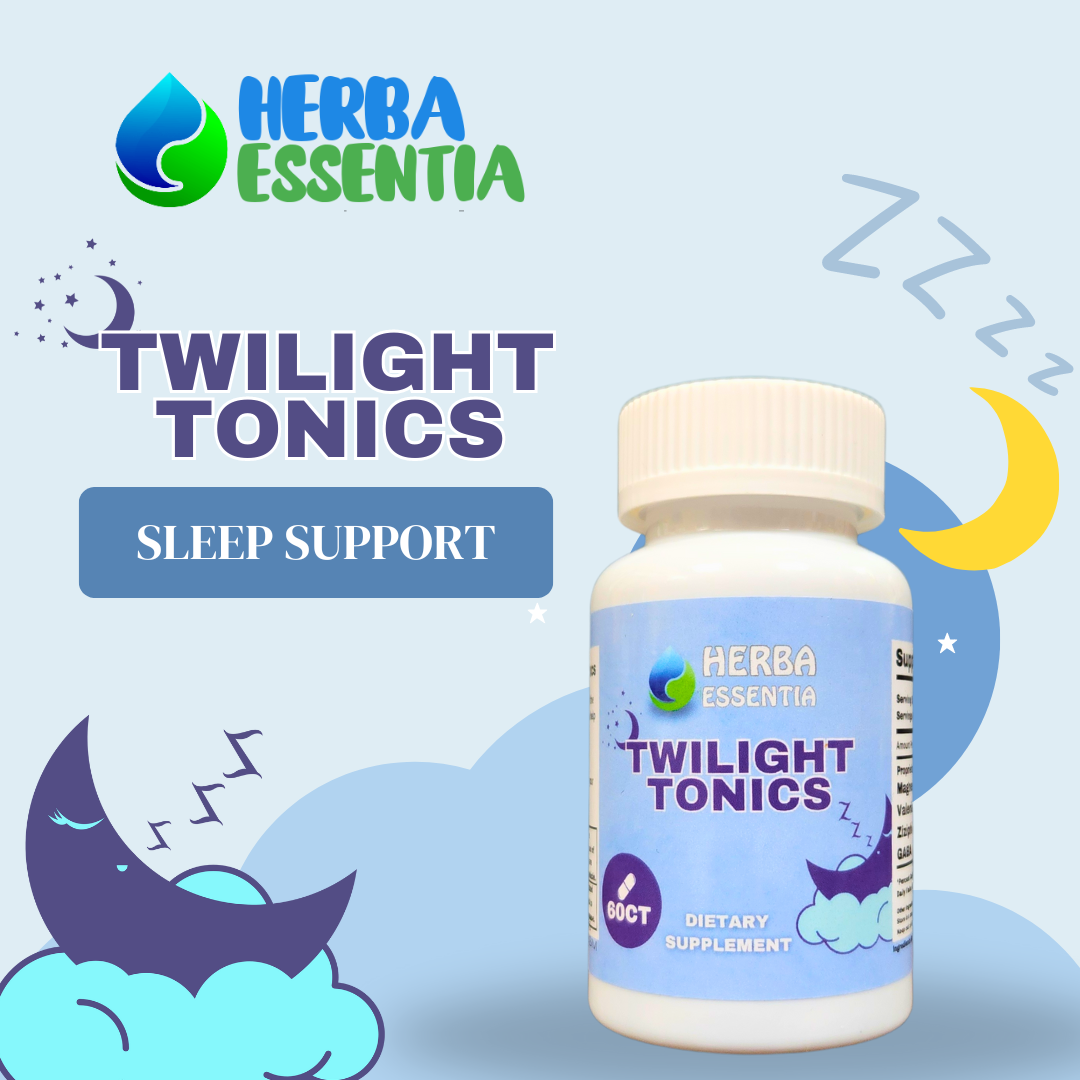
Other sleep disorders
Common sleep disorders keeping us up
According to estimates, 50 million to 70 million people Trusted Source National Heart, Lung, and Blood Institute (NHLBI) The NHLBI is the nation’s leader in the prevention and treatment of heart, lung, blood and sleep disorders.View Source have ongoing sleep disorders. The most common among them are insomnia, sleep apnea, and narcolepsy.
- Sleep disorders Trusted Source National Library of Medicine, Biotech Information The National Center for Biotechnology Information advances science and health by providing access to biomedical and genomic information.View Source affect 39% to 47% of perimenopausal women and 35% to 60% percent of postmenopausal women.
- 76% of adults with a sleep issue or disorder share a household with at least one other person who does. 42% of people agree that sleep issues run in their family. | Learn more
- You may exert as much as 250 pounds of force when you grind your teeth. | Learn more
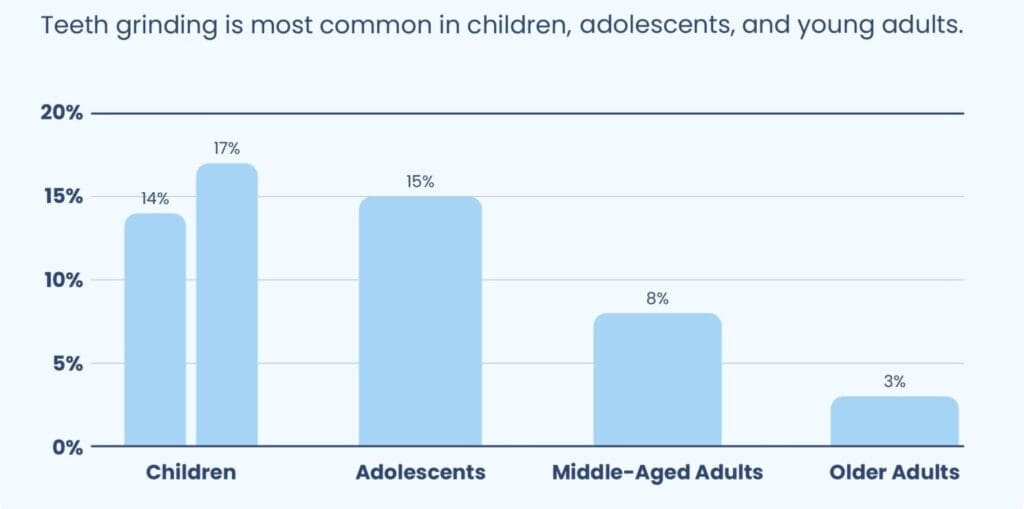
- Restless legs syndrome (RLS) Trusted Source Medline Plus MedlinePlus is an online health information resource for patients and their families and friends. View Source affects 5% to 10% of adults and 2% to 4% of children. | Learn more
- 1 in every 2,000 adults Trusted Source Medline PlusMedlinePlus is an online health information resource for patients and their families and friends.View Source has narcolepsy. In the U.S., that equates to about 165,950 people.
- People with irritable bowel syndrome (IBS) are 37.6% more likely Trusted Source Saudi Journal of Gastroenterology View Source than others to have a sleep disorder.
- 66% of adults say they have talked in their sleep Trusted Source Sleep Medicine Research Sleep Medicine Research (Sleep Med Res) is an official journal of the Korean Society of Sleep Medicine (KSSM), Asian Society of Sleep Medicine (ASSM), Korean Society of Sleep Research, and Korean Society of Sleep and Breathing. View Source .
- 23% of adults say they have had a sleepwalking episode Trusted Source Centers for Disease Control and Prevention (CDC) As the nation’s health protection agency, CDC saves lives and protects people from health threats. View Source .
- 8% of people have had an episode of sleep paralysis Trusted Source Sleep Medicine Research Sleep Medicine Research (Sleep Med Res) is an official journal of the Korean Society of Sleep Medicine (KSSM), Asian Society of Sleep Medicine (ASSM), Korean Society of Sleep Research, and Korean Society of Sleep and Breathing. View Source
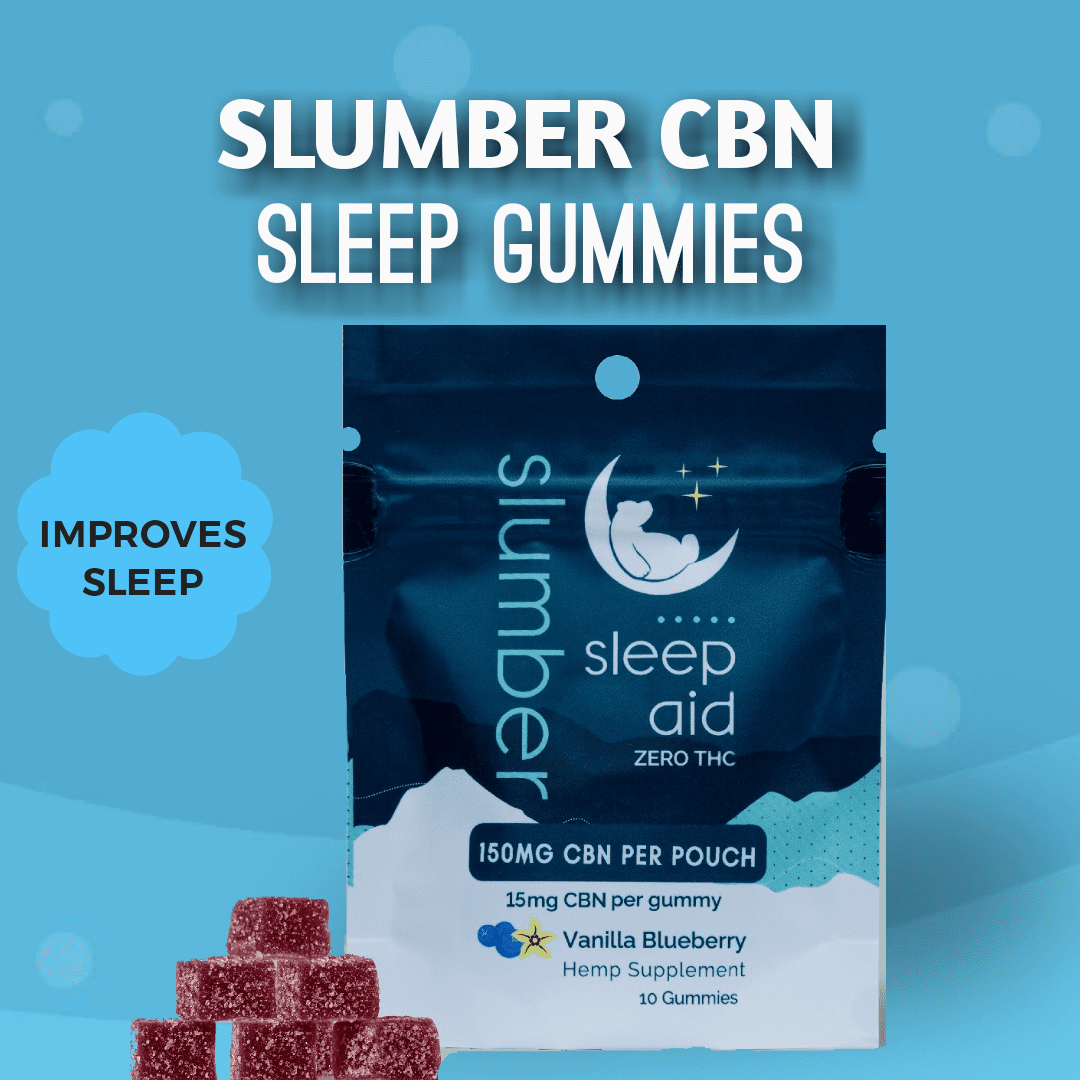
Conclusion
Our journey to understanding sleep has unveiled the intricate relationship between our sleep patterns and brain health. Sleep is not merely a biological necessity; it’s a cornerstone of our well-being. With a deeper comprehension of the complexities of sleep, we are better equipped to address the challenges it poses, especially as we age.
By cultivating healthier sleep habits, exploring natural sleep aids with caution, and fostering a more balanced brain chemistry, we can potentially ward off the increased risks of conditions like dementia. Sleep is not a passive state but an active contributor to our physical and mental vitality. It’s time to embrace the science of sleep and prioritize its role in achieving a healthier, happier life.
FAQs
What Are the Different Stages of Sleep and Their Significance?
How Can Chronic Sleep Deprivation Impact Brain Chemistry?
What Is the Link Between Sleep and Dementia?
Are Sleep Medications a Viable Solution for Sleep Problems?
What Are the Natural Sleep Aids, and How Do They Impact Brain Chemistry?
How Can I Cultivate Healthy Sleep Habits?
Related Articles:
- Understanding Sleep Disorders Dr. Sykes
- Treating Insomnia 15 Tips To Aid Sleep
- Sleep Cycles Understanding The Stages
- Understanding Sleep Disorders Dr. Sykes
- How Nootropics Aid Sleep: Your Guide Now
Meet The Author


